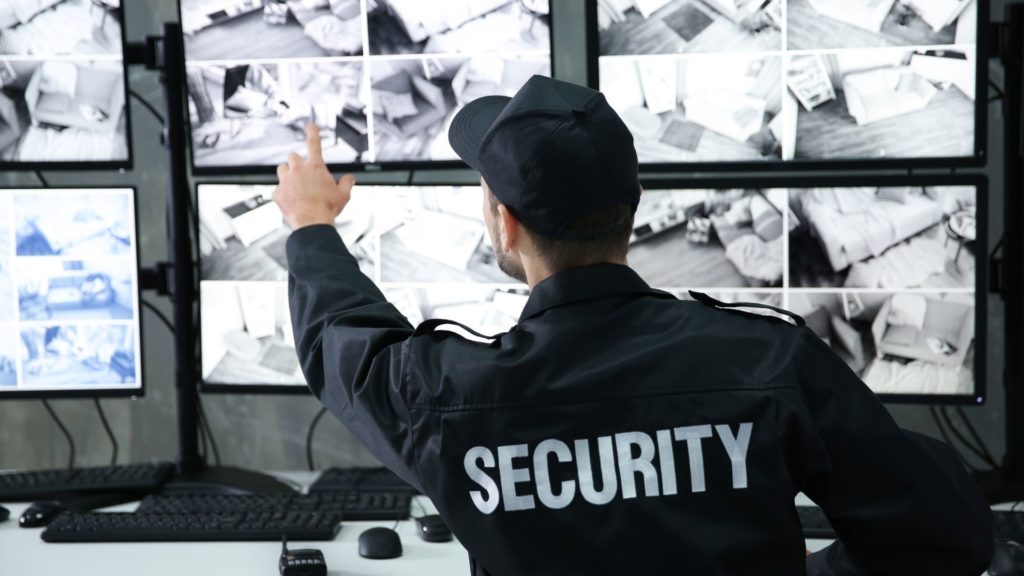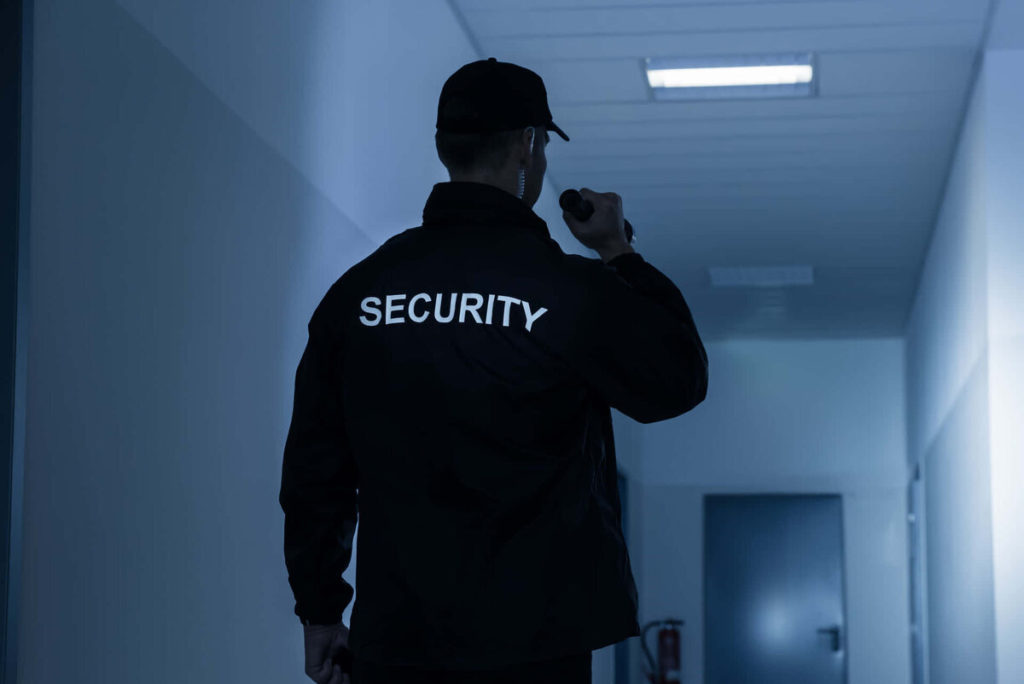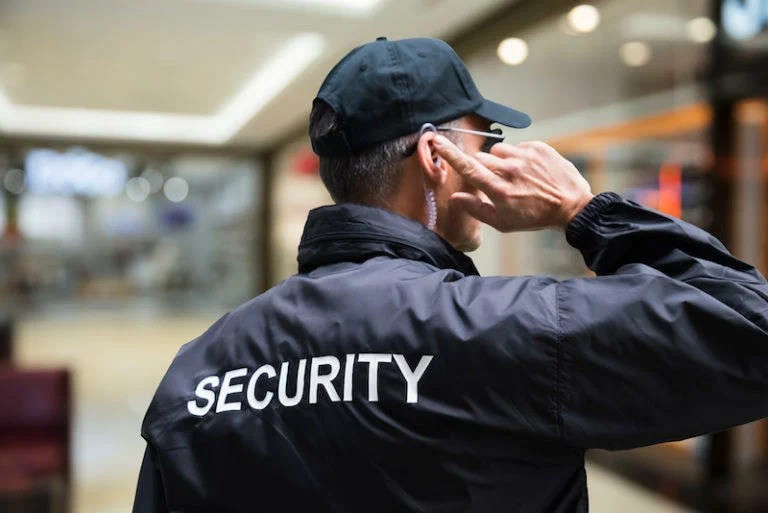When disaster strikes, Security Officers are often the first to respond. Whether it’s managing crisis like a fire, handling a medical emergency, or responding to a terrorist threat, their ability to act swiftly and decisively can make all the difference. But how can Security Officers ensure they are prepared?
Let’s explore the essential crisis management skills that every Security Officer should master to effectively handle emergencies. Crisis Management for Security Officers isn’t just about reacting—it’s about being trained, prepared, and confident in high-pressure situations.
Why Crisis Management Training is Critical for Security Officers

It’s no secret—emergencies are unpredictable, and Crisis Management for Security Officers is more important than ever. From natural disasters to unexpected cyber security threats, having the right Security Officer Training in place is crucial to ensure the safety of people and property.
Why Being Prepared Matters
Security Officers are often the first on the scene during an emergency, which is why emergency response skills are critical. In those first few minutes, their actions can mean the difference between a minor incident and a major disaster.
Proper training ensures that officers know how to handle situations swiftly, make informed decisions, and potentially save lives. Regular crisis management training helps Security Officers develop the skills needed to deal with high-pressure scenarios, preparing them for the worst.
Essential Crisis Management Skills Every Security Officer Needs
Security Officers need more than a uniform and a cool head. To be effective in emergencies, They need to develop a wide range of crisis management skills. These skills help officers manage everything from conflict resolution to medical emergencies. Here’s what every security officer needs to know about crisis management:
Advanced Trauma First Aid:
In a medical emergency, knowing how to perform first aid and CPR can save lives. Security officers should also be trained in using portable defibrillators, bleed kits, and oxygen therapy to handle serious injuries.
Fire Safety Training:
Every officer must be up to date with their site’s fire equipment and alarm systems. Regular fire drills ensure you know exactly what to do when flames or smoke are involved. In an emergency, it’s often the security officer who will guide people to safety and work closely with the Fire Service.
Managing Conflict & Violence:
Being able to de-escalate volatile situations is a core part of crisis management skills. Security officers need excellent communication skills and the ability to stay calm under pressure to manage conflict effectively.
Counter Terrorism Awareness:
In today’s world, understanding basic counter-terrorism is a must. Every security officer should complete the ACT terrorism awareness course, which is free and a part of the SIA licensing requirements. Understanding site-specific procedures for terrorist threats, such as evacuation routes and safe zones, is also critical.
Why Security Officers Must Practise Emergency Drills Regularly
It’s one thing to know what to do in an emergency; it’s another to put it into practice. That’s why regular drills are so important. Whether you’re preparing for a fire, a medical emergency, or a potential terrorist attack, these drills help reinforce your training and build muscle memory.
In a real emergency, you won’t have time to second-guess—you’ll need to act fast and confidently.
Drills should involve everyone on-site, including employees, tenants, and even emergency services. This helps ensure that everyone knows their role, and it allows Security Officers to coordinate effectively with others. Remember—real emergencies are unpredictable, so your drills should be too. Keeping them unannounced can better simulate real-world situations.
Understanding Your Site: A Key Part of Security Officer Training

Every site is different, and Security Officers need to know theirs inside and out. It’s not just about knowing the building’s layout (although that’s important!). You also need to know:
- Where the gas shut-off valves, water mains, and electrical panels are located.
- Any site-specific risks, like hazardous materials on an industrial site or managing large crowds in a retail space.
- Which areas are designated as “safe zones” or alternative exits during an emergency.
By understanding these unique risks, you’ll be able to respond more effectively when something goes wrong. Tailoring your crisis management approach to your specific environment is key to being prepared.
How Security Officers Respond to Emergency Situations
When an emergency strikes, Security Officers need to act quickly and decisively. From activating alarms to communicating with emergency services, here’s what effective emergency response skills look like in action:

- Fire Emergencies: Activate the alarm, call the Fire Service, and guide people to the nearest safe exit. Ensure the evacuation is calm and orderly to avoid panic.
- Suspicious Packages: Immediately cordon off the area, alert the authorities, and make sure everyone remains at a safe distance. The quick response of Security Officers can prevent a dangerous situation from escalating.
Fast, decisive action is essential for managing crises and protecting lives.
The Role of Communication in Crisis Management for Security Officers
One of the most important skills for security officers in crisis management is communication. During an emergency, officers need to communicate clearly with both the public and emergency services. Effective communication ensures that evacuations run smoothly and that no one re-enters unsafe areas.
Clear Communication: An Important Crisis Management Skill
- Stay connected: Use radios, PA systems, or mobile phones to keep in touch with your team and emergency services.
- Stay calm: Whether you’re guiding a crowd or relaying information to first responders, speaking calmly and clearly is essential. Calm, clear instructions prevent panic and ensure that people understand what they need to do.
Effective communication strategies are crucial for successful emergency response. By mastering these strategies, security officers can significantly enhance their ability to manage crises effectively.
How Security Officers Ensure Safe Evacuations During a Crisis
Managing evacuations is a critical part of emergency response skills for Security Officers. Whether it’s a fire, an explosion, or a threat of violence, security teams are responsible for ensuring that evacuations happen safely and calmly.
How Security Officers Manage Safe Evacuations
- Direct people to the nearest safe exits without causing panic.
- Assist individuals with special needs, including those with disabilities.
- Ensure no one re-enters the danger zone until it’s been declared safe.
After the evacuation, officers often secure the premises and provide first aid where necessary, making them an indispensable part of the emergency response team.
Balancing Safety and Security: A Security Officer’s Dilemma in a Crisis
In some emergencies, Security Officers face conflicting priorities. Should they prioritise securing the building or ensuring the safety of the people inside? While protecting lives always comes first, officers must also consider securing the property after an evacuation to prevent theft or further damage.
Guidelines for Security Officers in Crisis Management
Clear guidelines and policies from security managers help Security Officers make these tough decisions with confidence. Having a pre-established crisis management plan makes it easier to balance these competing priorities in real-time.
Post-Crisis: Accurate Reporting and Mental Health Support for Security Officers

Once the immediate danger has passed, it’s crucial for Security Officers to document the incident thoroughly. Accurate reporting helps with post-incident analysis, insurance claims, and even legal proceedings. This includes:
- What happened and how the situation was managed.
- Any actions taken and whether they were effective.
- Any injuries, damages, or losses sustained.
Supporting the Mental Health of Security Officers After a Crisis
Responding to emergencies can take an emotional toll. Regular debriefings, stress management training, and access to mental health resources are essential parts of Security Officer Training. Security officers must be mentally prepared to cope with the pressures that come with the role, especially after managing a high-stakes crisis. Addressing mental health challenges in security is critical to ensuring that officers can perform effectively and maintain their well-being.
Conclusion: Be Ready, Stay Ready
Crisis management is a vital part of a Security Officer’s job. Knowing how to act quickly and effectively when things go wrong can mean the difference between a small incident and a major disaster. So, keep your skills sharp, your training up to date, and your mind ready for anything.
Looking to improve your crisis management skills? Get Licensed offers a range of e-learning courses to help you stay prepared. Whether it’s first aid, conflict management, or mental health awareness, we’ve got you covered.
Take the next step in your training—explore our e-learning courses today


Leave a Reply